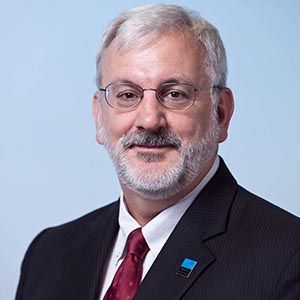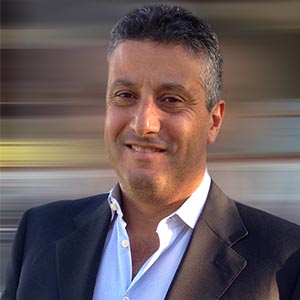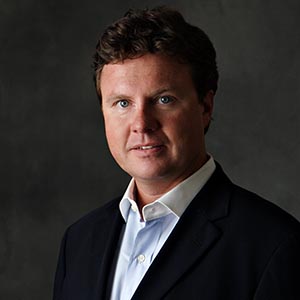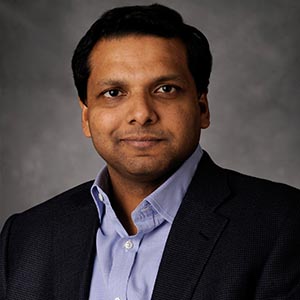The $5 trillion-a-day foreign exchange market is changing rapidly, as electronic execution platforms control the bulk of trading and bank dealers streamline operations in response to growing pressure from regulators to cut trading risks and boost capital.

Table Of Contents
Alain Kamagi, co-founder and managing partner of UNTL Capital and a member of Global Finance’s panel of experts for our Foreign Exchange Providers Awards, says: “The prospects for the FX business look healthy, but the future landscape will be very different than the present one as it continues to evolve as a result of the new regulatory environment. As the impact of regulation on the business going forward becomes clearer, we can expect volume and revenue to grow, with fewer players, less reliance on individuals, increased automation, and growth in algorithmic trading.”
He anticipates poor liquidity in times of crisis, less transparency in terms of market pricing, and occasional price gaps rather than gradual movements—similar to the futures market.
FX AWARDS PANEL OF EXPERTS |
|||
|---|---|---|---|
 |
 |
 |
 |
The increased capital requirements on banks have resulted in some major players’ exiting very profitable clearing businesses, benefiting the ones that remain, Kamagi says. This opens up tremendous opportunity for nonbank financial institutions to pick up the pieces and build a large, fee-based business with diversified clients.
Regulation has also led to the elimination of bank proprietary trading desks. As a result, a smaller number of nonbank institutions are holding larger positions, which is “creating both opportunities and challenges for new players, with gapping price action and more one-directional moves, similar to the equity market,” Kamagi says.
Meanwhile, the retail FX market has grown steadily in size and importance, as transaction costs have declined and more retail-oriented platforms have offered online margin brokerage accounts to private investors. As a result, the Bank for International Settlements has for the first time begun measuring retail-driven FX.
Cyril Tabet, partner and CEO at online broker Just Fair & Direct (JFD), says FX banks have a growing interest in retail liquidity. He says JFD provides a vital link between the retail market and banks that want to capture the retail flow and resell it at institutional pricing. Using JFD, retail clients can trade anonymously, Tabet says; details of their trades stay on the firm’s servers. The bulk of JFD’s retail clients come from Germany, France, Switzerland and Austria.
As for corporations, most have not been actively hedging their FX exposure, according to Kamagi. “This will develop, and we can expect to see more-seasoned traders and risk managers join corporate treasuries, leading to the use of more-sophisticated hedging tools and strategies, in order to smooth out earnings,” he says.
In our 2016 World’s Best Foreign Exchange Providers awards, Global Finance identifies the best foreign exchange banks—the ones that best handle the currency hedging and transaction needs of major corporations. We chose the leading foreign exchange banks in 96 countries and nine regions, as well as the best online trading systems, the best firm for foreign exchange research, and winners for fundamental research, technical analysis, and currency forecasts. This year, for the first time, we also included awards for the best bank for corporate currency hedging, as well as for corporate cash-flow hedging, balance sheet hedging, FX options and FX forwards.
With input from industry analysts, corporate executives and technology experts, Global Finance selected the winners based on objective and subjective factors. Our criteria included transaction volume, market share, global coverage, customer service, competitive pricing and technology. Decisions were informed by provider submissions with input from our panel of experts.



